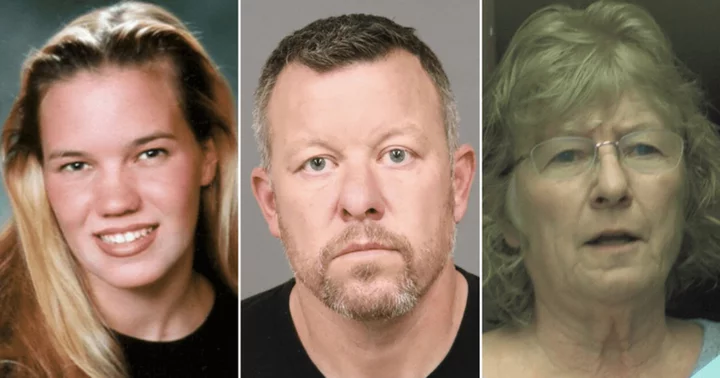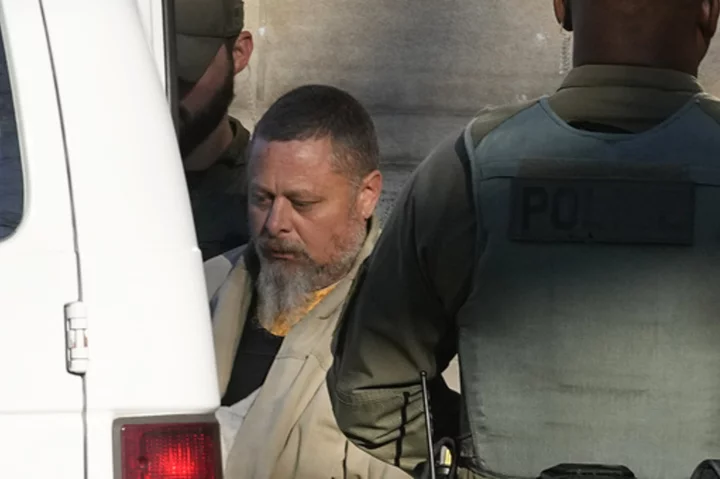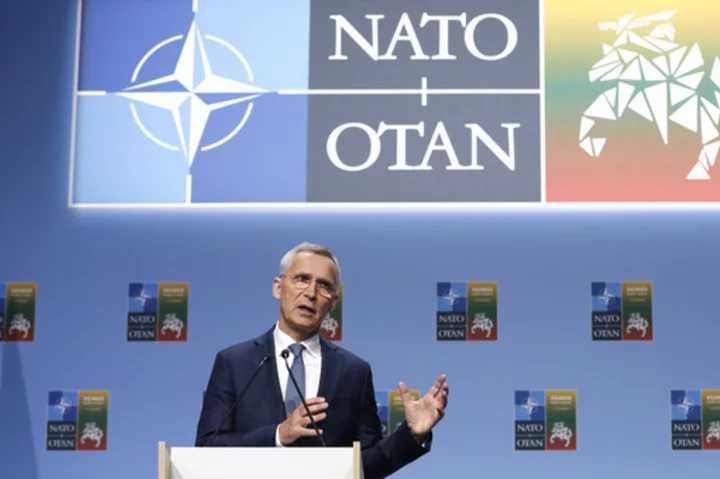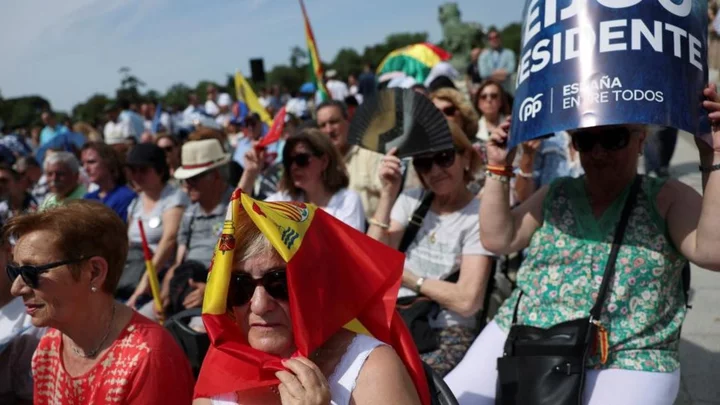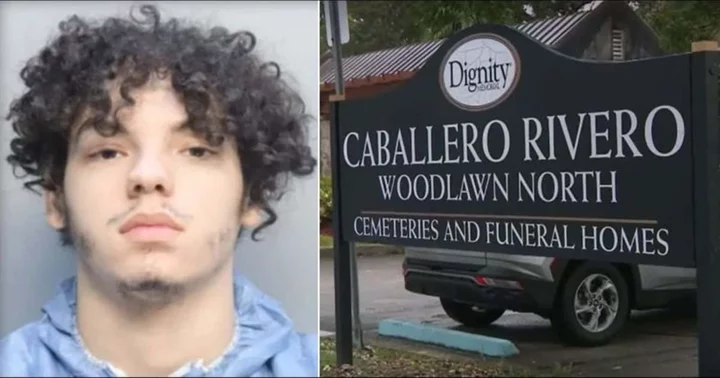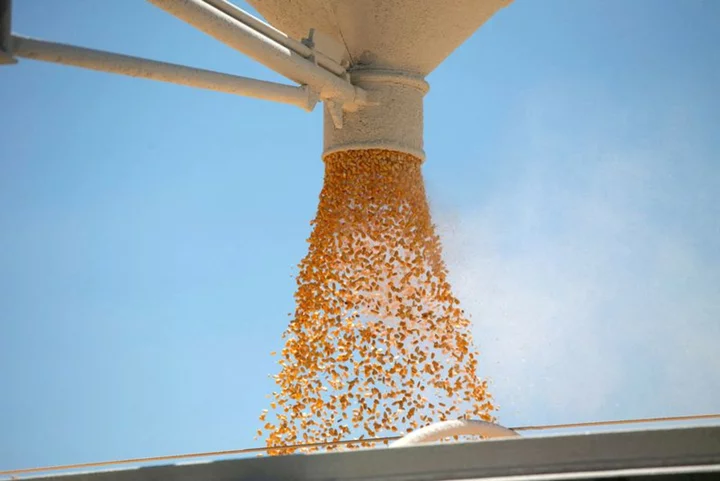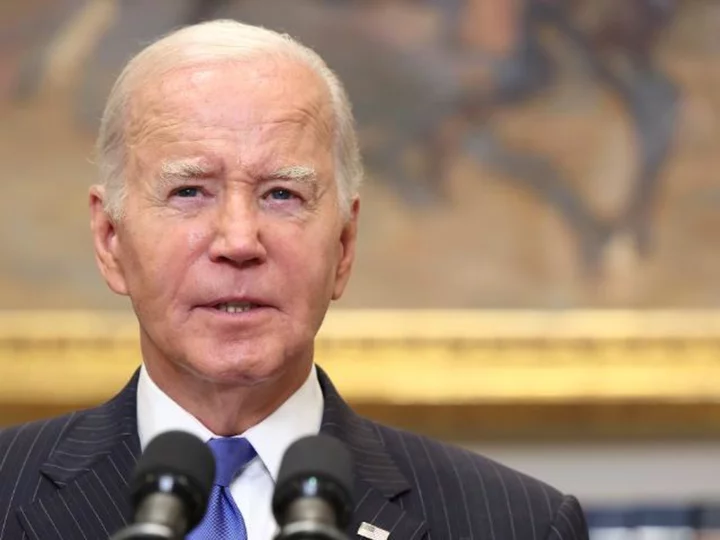SAN LUIS OBISPO, CALIFORNIA: In a remarkable development in the Kristin Smart case, an engineer who encountered the missing Cal Poly student shortly before she went missing, has embarked on a mission to locate her body. Utilizing groundbreaking soil examination technology, Timothy Nelligan believes that the backyard of Paul Flores' mother Susan's home may hold vital clues to solving the mystery that has haunted investigators for over two decades.
Smart vanished without a trace in 1996 after attending an off-campus party near Cal Poly San Luis Obispo. The last person seen with her was Flores, another student at the university, who walked her back to her dorm room. In October 2022, Flores was convicted of her murder. However, despite the verdict, Smart's body has never been found. Stan and Denise, Smart's parents, have found some solace in Flores' guilty verdict, but their quest for justice remains incomplete until their daughter can be laid to rest.
Cutting-edge soil vapor sampling
Nelligan, an environmental engineer who had a chance encounter with Smart at Cal Poly shortly before she went missing, has joined forces with a scientist and a former FBI research chemist turned professor to assist the missing woman's family in their pursuit of closure. The team has turned to cutting-edge soil vapor sampling technology in their latest investigation. This innovative method has reportedly detected the presence of human remains buried in the backyard of Susan's home. Multiple searches conducted earlier at Flores' and his parents' properties yielded nothing. However, the team hoped that this new technology would provide crucial evidence.
Soil vapor sampling technology identifies volatile organic compounds (VOCs) associated with human decomposition. Nelligan told the Los Angeles Times that the analysis indicated the presence of a body in the ground during previous examinations. While the technology is considered highly experimental and unproven in criminal proceedings, the team was confident in its findings.
A breakthrough in the backyard
The team conducted their most recent analysis near Susan' property, gaining access through her neighbor Marcia Papich's fence. Nelligan used a heavy-duty metal auger to twist into the soil, while the former FBI forensic scientist, Brian Eckenrode, collected the volatile organic compounds from the soil vapor into a canister. The subsequent data revealed a plume map that displayed a section of Papich's backyard bordering Flores' property, glowing in a rich reddish-orange hue surrounded by green, with blue extending to the farthest reaches of the multicolored pattern.
Despite the potential breakthrough, the San Luis Obispo County Sheriff's Office was carefully examining the team's work. They seek validation from a scientist at the University of Tennessee, Knoxville, who specializes in human remains. The investigation also faces the challenge of obtaining a search warrant for Susan's property, as it requires probable cause and must consider any potential impact on Flores' murder conviction.
While Susan has not been charged in connection with her son's crimes and maintains her innocence, the attorney who secured a not-guilty verdict for her husband Ruben, Harold Mesick, deemed the notion of a body being located in Susan's yard as "ludicrous." He emphasized that previous searches conducted at both Susan and Ruben's properties yielded no evidence, and accused authorities of causing significant damage to Ruben's property during the search.
Sheriff's Detective Greg Smith acknowledged the sensitivity of the situation, expressing caution to avoid providing grounds for potential appeals that could undermine Flores' conviction. "We are walking on thin ice here, and before we go any further, we want to make that ice thicker," Smith said, adding, "Does a court consider soil vapor evidence?"
Kristin Smith's family will not give up
Stan and Denise expressed their support for the ongoing investigation but remain guarded due to past disappointments. While they appreciate the efforts made, they were cautious not to invest too much emotionally until concrete evidence surfaces.
"It is significant to me," Stan told the Times, adding "Others are trying to bring Kristin home." Denise, who said they had met with the team conducting the research, stated, "The most important thing for our family is the ability to bring Kristin home to be buried in the presence of those who love her."

